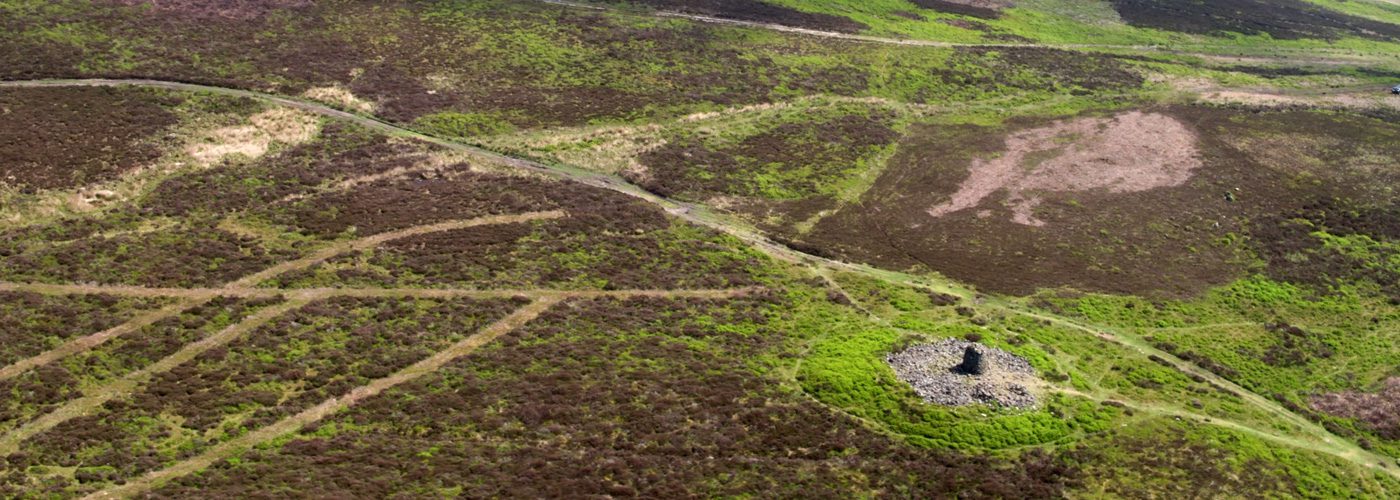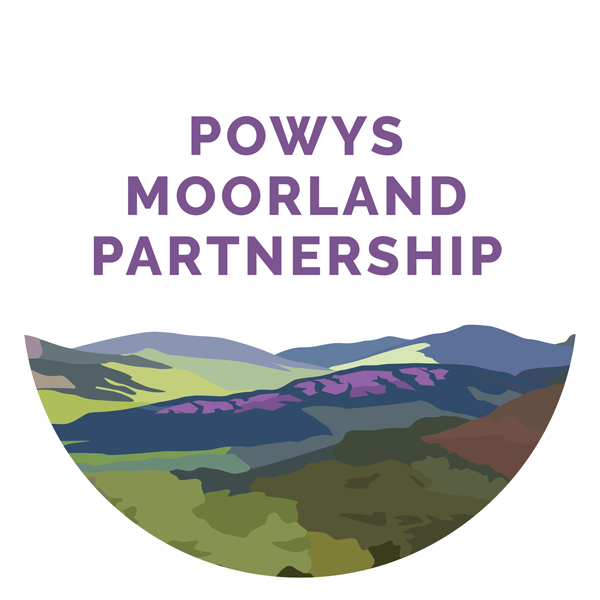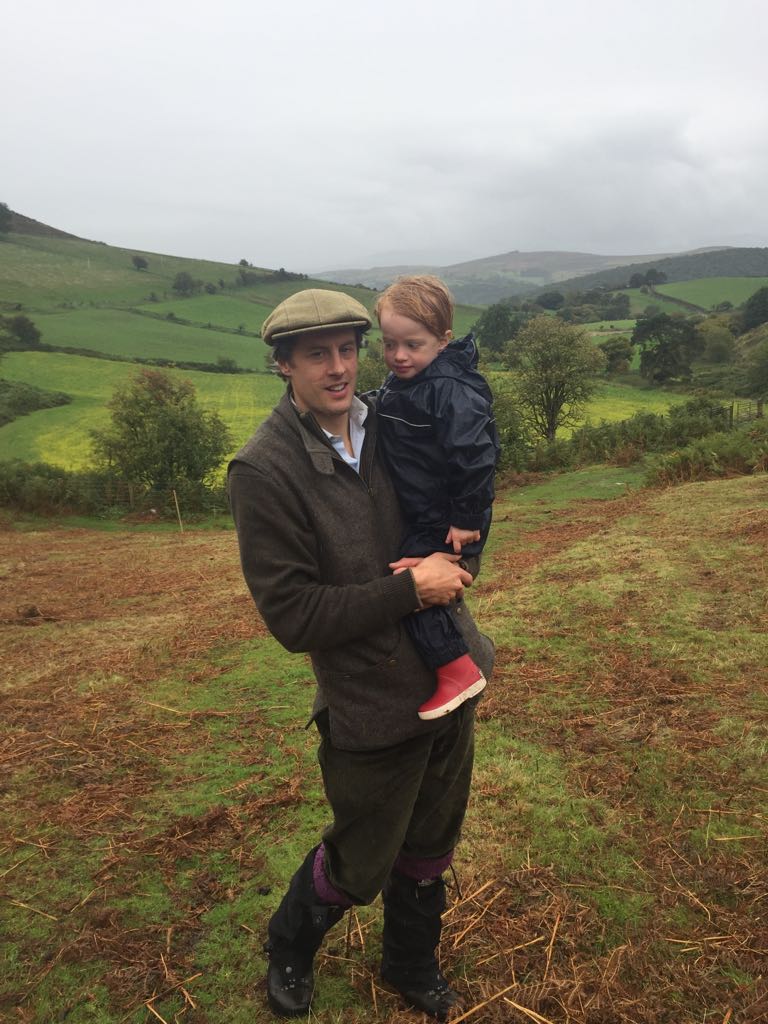The topic of what the British uplands should look like in 100 years time is much discussed and everyone has a view.
The visible threat to our existence posed by climate change when combined with some fundamental changes to the subsidy system post Brexit means that policy makers are very focused on what landscapes can do for the greatest possible good. This creates inevitable tensions from a vocal constituency promoting ‘rewilding’ who seek to end many of the ‘traditional’ uses of moorland landscapes.
In the case of the Powys moors, can farming and recreation compliment the ability for these hills to process rainfall, store carbon, clean the air and host globally rare habitats and bird species? In short, is the way these moors are managed making the most of what this natural environment can do for society? Public money will only go towards public goods in the widest possible sense.
We believe that with the right resources and focus, a sensible balance can be struck. The catch, of course, is that new funding is required to achieve this outcome. This is because nothing is free and the current Government funding ends in 2020.
The PMP tasked the experts, Economics For The Environment (EFTEC), to compare the total value of public goods performed by the Powys moors with what they cost to maintain over a 25 year period.
The benefits that provide actual revenues (money from food production and shooting) are far less than the ongoing management costs that sustain these services. But, since the sum total of all these public goods is a large number – it would cost society £13m or £500k annually to secure equivalent benefits if the moors were not there – it’s surely worth securing these benefits and also increasing them.
As custodians of the Powys moors we strongly advocate the need for full time moorland keepers to work with the graziers to prevent wildfires, promote biodiversity and prevent any more loss of rare heather habitat. Visitors come for the great views but the management that we fund gives these lands their uniqueness with heather and rare species more viewable here than almost anywhere else in Wales.
But, to bring your horse, dog, friend, motorbike, 4×4 to this ground is free. Managing the landscape to make it last, mitigate climate change and produce public goods is not free. There is a large gap here. By valuing its Natural Capital the PMP hopes to add some facts and figures to inform future public policy and to slowly narrow the funding gap to sustain the ongoing love that these lands deserve.


